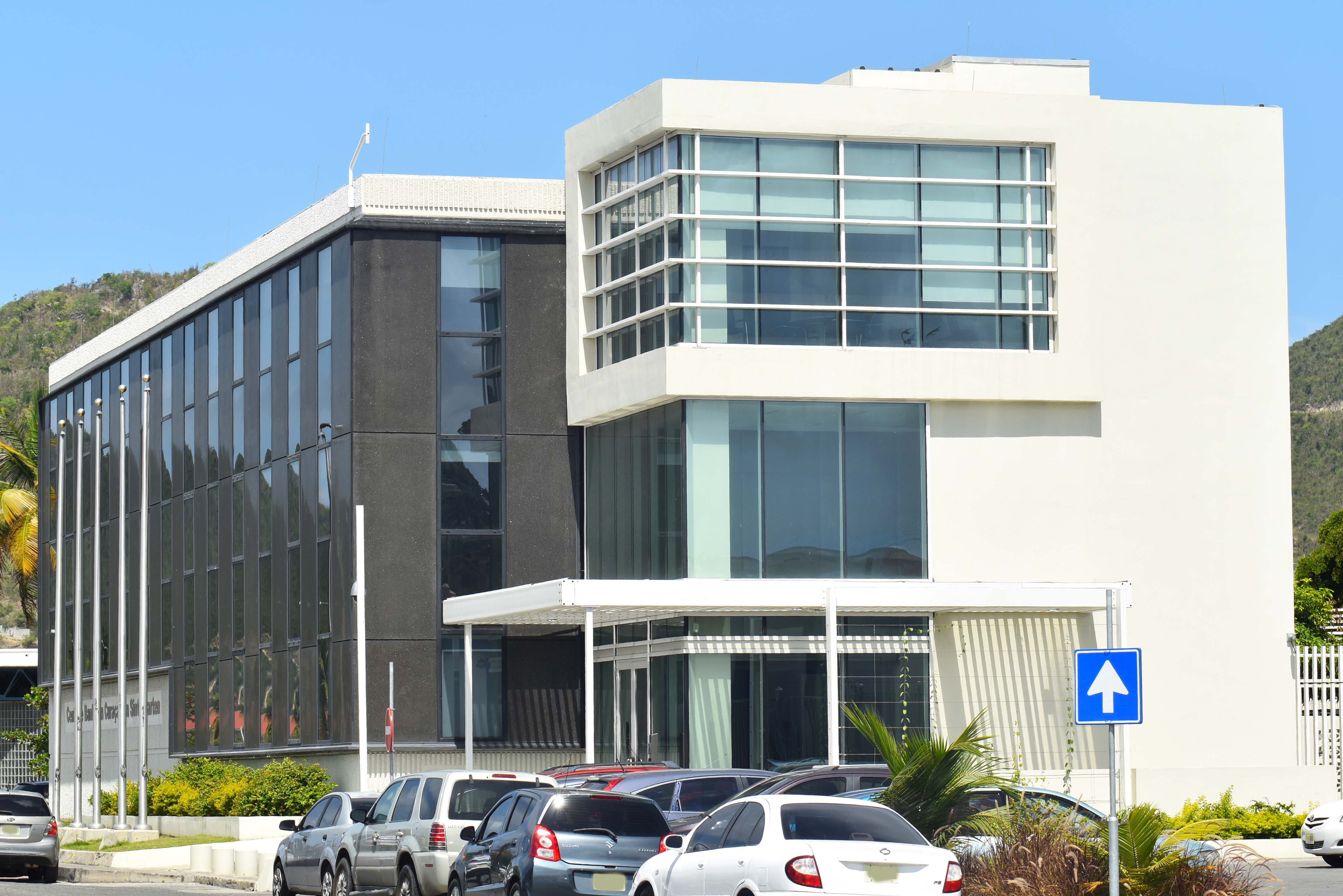Imports affect impact of international tourism

PHILIPSBURG — Every dollar earned from international tourism induces almost 62 dollar cents in additional imports. This appears from research conducted by Dr. Shekinah Dare and Christopher Rigaud. The researchers say that these numbers substantially lower the net contribution of international tourism to St. Maarten. Dare and Rigaud made a presentation at a symposium the Central Bank of Curacao and St. Maarten (CBCS) organized with key economic stakeholders under the title Fostering the right Balance.
Dr. Dare is the head of the Data and Statistics department at the CBCS. She graduated as a financial economist from Erasmus University in Rotterdam and obtained a pedagogical certificate from the Netherlands Antillean Academy Foundation. Her research focuses on the determinants of responsible financial behavior and financial well-being.
Christopher Rigaud is an economist and research specialist at the CBCS.
The researchers did not find the same results for Curacao where international tourism does not seem to induce additional merchandise import. “This might be related to the higher diversification of the economy and the type of tourists visiting the island,” a press release from the CBCS states. “Curacao’s tourism is not shopping but experience focused.”
Dare and Rigaud recommend that both countries apply a balanced approach and focus on developing other high potential sectors alongside international tourism such as the renewable energy sector in Curacao and the logistics industry in St. Maarten.
The symposium focused on the vulnerability of the balance of payments of small economies. According to CBCS executive director José Jardim, Aruba, Curacao and St. Maarten share several characteristics. “All three countries are relatively small, have a high degree of trade openness, have relatively high tourism export ratios, and are very dependent on merchandise imports. The countries also face a structural deficit on their trade balance.”
Jardim said that the balance of payments of all three countries is very vulnerable to external shocks. “The countries need to address these vulnerabilities to maintain external stability.”
Candice Henriquez, the head of the research department at CBCS, and economic analyst and research specialist Robert Hieroms found in their research that oil price shocks can have a persistent negative effect on the balance of payments of oil-importing countries like Curacao and St. Maarten. “It seems to take more than two years to get back to the pre-shock level. Hence, the countries should step up their policy efforts to make their economies less dependent on fossil fuels. This includes the transition to alternative energy sources.”
The symposium included a panel discussion, whereby the panel was chaired by Alberto Romero. St. Maarten’s former Governor Eugene Holiday was one of the panel members.


























